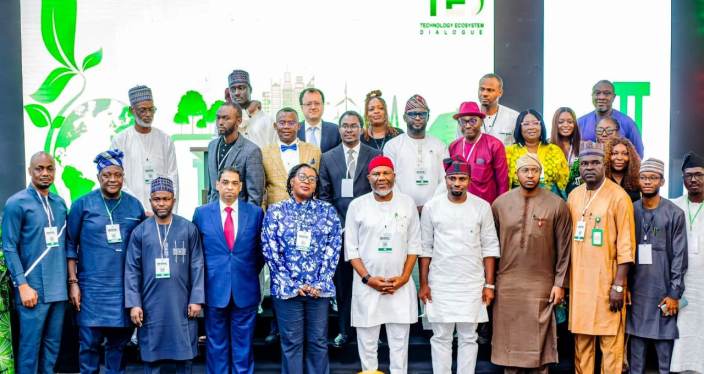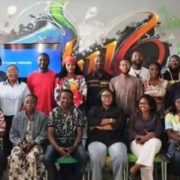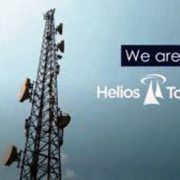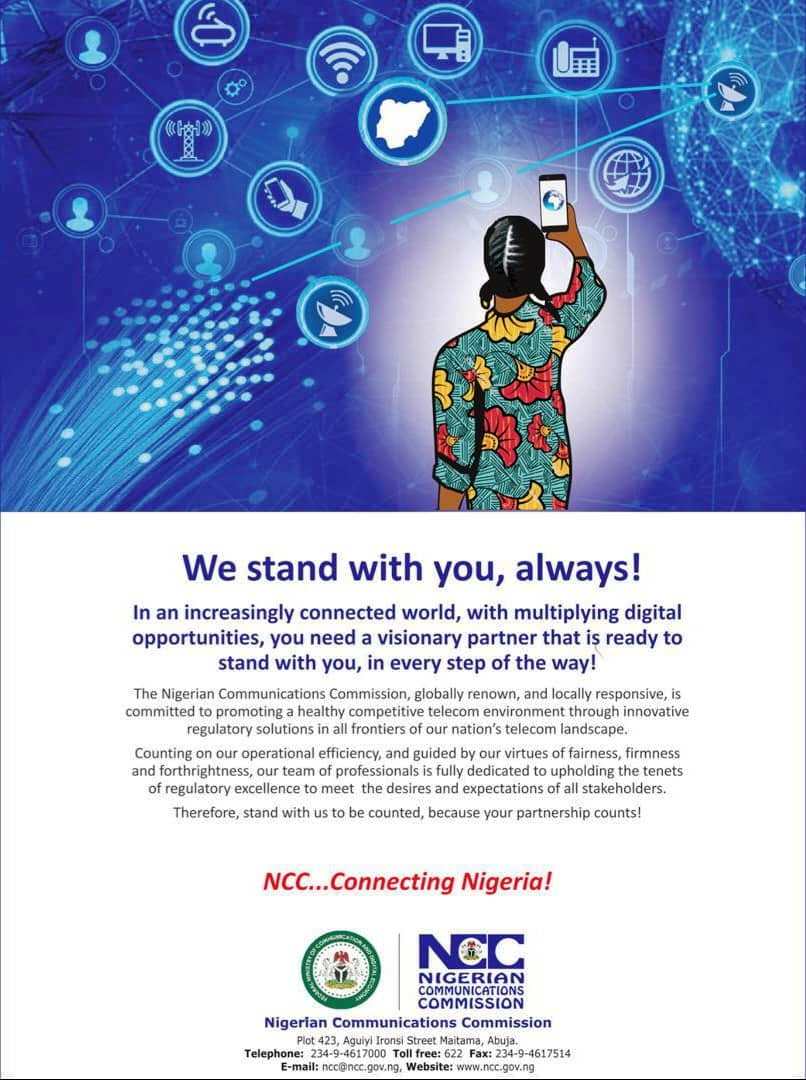The Director General of the National Information Technology Development Agency (NITDA), Kashifu Inuwa Abdullahi, has restated the agency’s focus on advancing Nigeria’s digital economy through green technology and innovation.
RELATED: NITDA-JICA partnership fuels boom in Nigerian tech and agritech startups
He made this known at the 3rd Technology Ecosystem Dialogue (TED 2025). The event was organised by the Young Innovators of Nigeria (YIN) under the theme “Green Tech and Energy Revolution: Transforming Business and Society.”
NITDA’s Role in Driving Digital and Green Transformation
Abdullahi commended YIN for hosting what he described as a “timely and visionary dialogue.” He also applauded the organisation’s consistent efforts in promoting innovation, nurturing youth talent, and championing sustainable solutions.
He noted that the theme of the event aligns with President Bola Ahmed Tinubu’s Renewed Hope Agenda, which focuses on economic diversification through industrialisation, digitisation, creative arts, and innovation.
Highlighting NITDA’s interventions, he listed Technology and Innovation Hubs, the iHatch programme, and the National Innovation Challenge. Others include IgniteHer, We Elevate, and Renewed Hope Innovation Nest. Abdullahi also emphasised partnerships in AI, IoT, blockchain, and clean energy research.
“These initiatives ensure inclusivity, equipping youth, women, and MSMEs with digital tools to create scalable solutions,” he said.
Green Tech as a National Imperative
Abdullahi stressed that embracing green technology is not optional but necessary. He called for collaboration between government, academia, industry, and citizens to build a digital, green, and inclusive future.
He assured stakeholders that NITDA remains committed to partnerships that will enable Nigeria to lead Africa in green technology adoption for growth, jobs, and sustainable development.
Expert Insights on Nigeria’s Energy Transition
Delivering the keynote, Dr. Krakrafaa Bestman, a sustainability expert, highlighted Nigeria’s vast renewable energy resources—solar, wind, hydro, and human capital. He pointed to the country’s target of generating 30% of electricity from renewables by 2030 and deploying 5GW of solar power.
Bestman cited initiatives such as the Nigerian Electrification Project and mini-grids for rural communities as pathways to bridging the energy gap. According to him, circular economy, including recycling and waste-to-energy solutions, to reduce pollution and unlock economic opportunities.
Balancing Opportunity with Responsibility
Dr. Bestman outlined three priorities for Nigeria’s green transition:
- reforms to attract investment and incentivise renewable adoption,
- stronger business commitment to clean energy sourcing and community partnerships, and
- innovations that deliver safe, affordable, and adaptable technologies.
He, however, cautioned against risks such as unsafe batteries and poor solar installations, stressing the need for strict safety standards.
“Green technologies must not only drive businesses but also protect the future,” he declared. “The world is waiting for Nigeria’s leadership in building a resilient, sustainable energy system.”
































